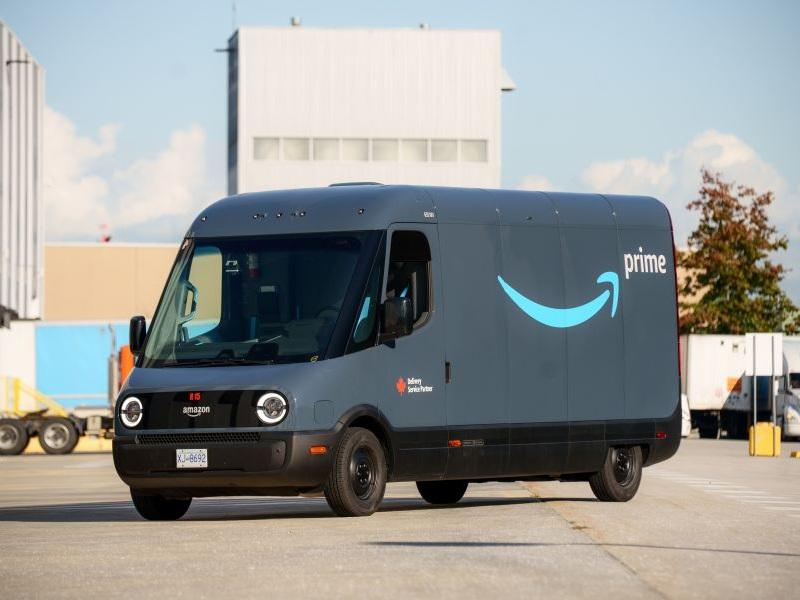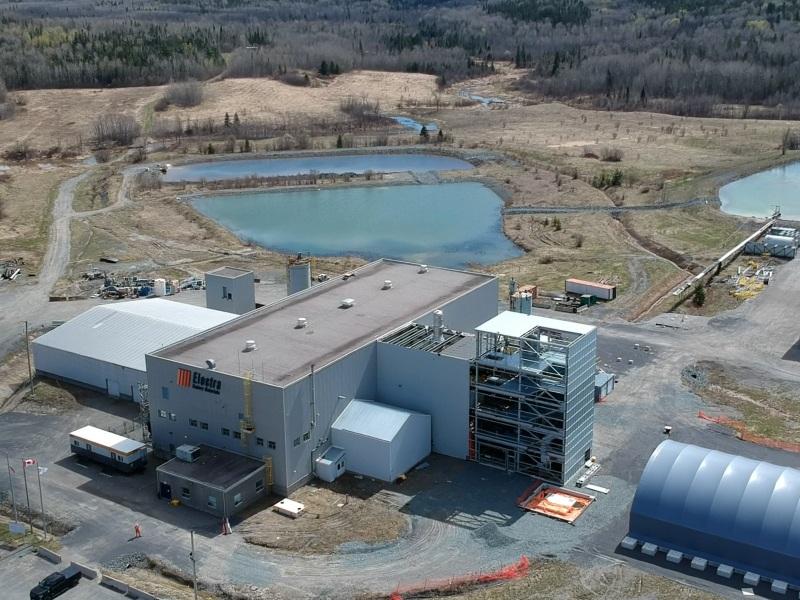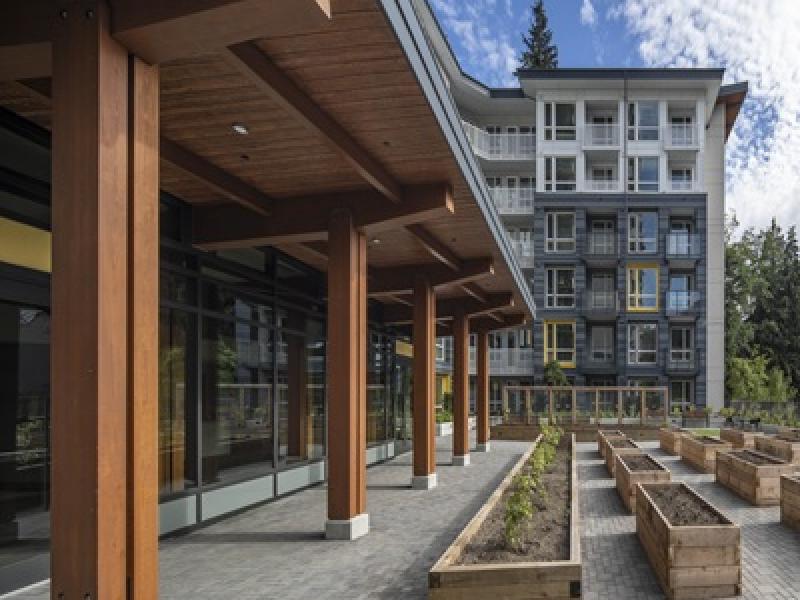
The City of Brampton and London, U.K.-based Zenobē Energy Ltd. will be leading a $4-billion partnership aimed at transitioning the Brampton Transit bus fleet entirely to zero-emission vehicles.
Planned to introduce 1,000 electric buses to replace the city's diesel-powered vehicles, the partnership is expected to provide transportation for tens of millions of passengers per year. Brampton will procure electric buses from Canadian suppliers, while Zenobē will contribute planning and design, software, supply chain relationships and capital markets expertise.
A group of partners from Canada and the U.K. such as TD Securities Inc. and various manufacturers will be joining the partnership that falls under a 10-year framework. It will bring $1 billion in foreign investment into Canada and support 5,000 direct and indirect jobs in Canada and the U.K., according to a release.
The first phase of the project's infrastructure is scheduled to go live in early 2027.
"With one of the largest zero-emission bus programs in North America, Brampton is setting a new standard for sustainable, modern public transit,” Heidi Dempster, general manager of transit at the City of Brampton, said.
“Beyond reducing emissions and improving air quality for our residents, this partnership will also drive local economic growth, creating thousands of jobs and building expertise right here in Brampton.”
Brampton’s fleet electrification
Brampton has laid out its intent to electrify its bus fleet, which is a heavy contributor to its greenhouse gas emissions. Currently, approximately 70 per cent of the greenhouse gas emissions from the city’s corporate operations are from transit, according to a release.
Today, Brampton Transit has 473 buses in its fleet. Over 100 are diesel-electric hybrid buses, a Community Energy & Emissions Reduction Plan document published in 2020, states. The plan recommends Brampton begin the switch to a fully electric transit system.
The city added some of its first electric buses a few years ago. In 2021, it brought on eight battery-electric buses made by Winnipeg-based New Flyer and Quebec-based Nova Bus. By transitioning to electric variants, each bus is saving 235 tonnes of carbon dioxide per year, Brampton said.
In 2024, Brampton also announced it again contracted Nova Bus, a member of the Volvo Group, to provide 10 of its LFSe+ battery-electric buses, which are expected to be delivered this year.
Other major Canadian municipalities that announced steps to have electric buses on the road include Toronto, as well as Mississauga, Ottawa, Montreal, Winnipeg, Saskatoon, Edmonton and Vancouver.
About Zenobē
Zenobē is a company focused on financing, designing and operating battery solutions for transportation and grid-scale batteries. In a press release, Zenobē says it holds approximately a quarter of the market share of the U.K.’s electric bus sector and supports over 2,000 electric vehicles (EVs) across over 120 depots around the world.
"We bring considerable experience working with local and federal public sector partners to enable and accelerate their transition to electric fleets,” Zenobē co-founder and director Steven Meersman said. “Our customized match-funding options, combined with the experience from delivering over 120 electric depots globally, lowers costs and de-risks the inevitable path to zero-emission fleets.”
Earlier this year, Zenobē provided Montreal-based 7Gen, a company that leases EVs and charging infrastructure to commercial clients, with $48 million in debt financing to add hundreds of delivery vans, trucks and buses to its fleet.










